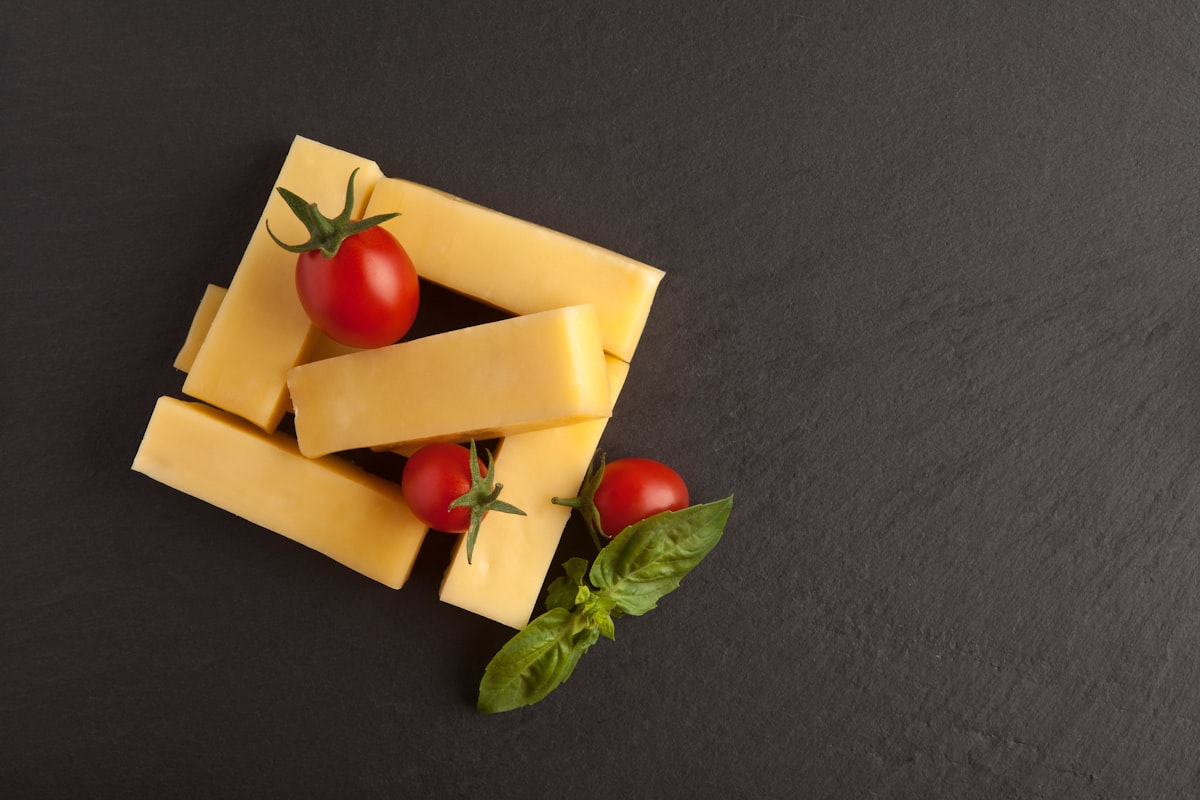Cheese labeling: consumers prefer "plastic" cheeses
Adulterations in cheese foods became sophisticated, particularly industrial. There are formulations elaborated practically without the natural edible. Regulations in general and labeling in particular, continue to be a means of exclusion from the formal market for artisanal cheese products.





